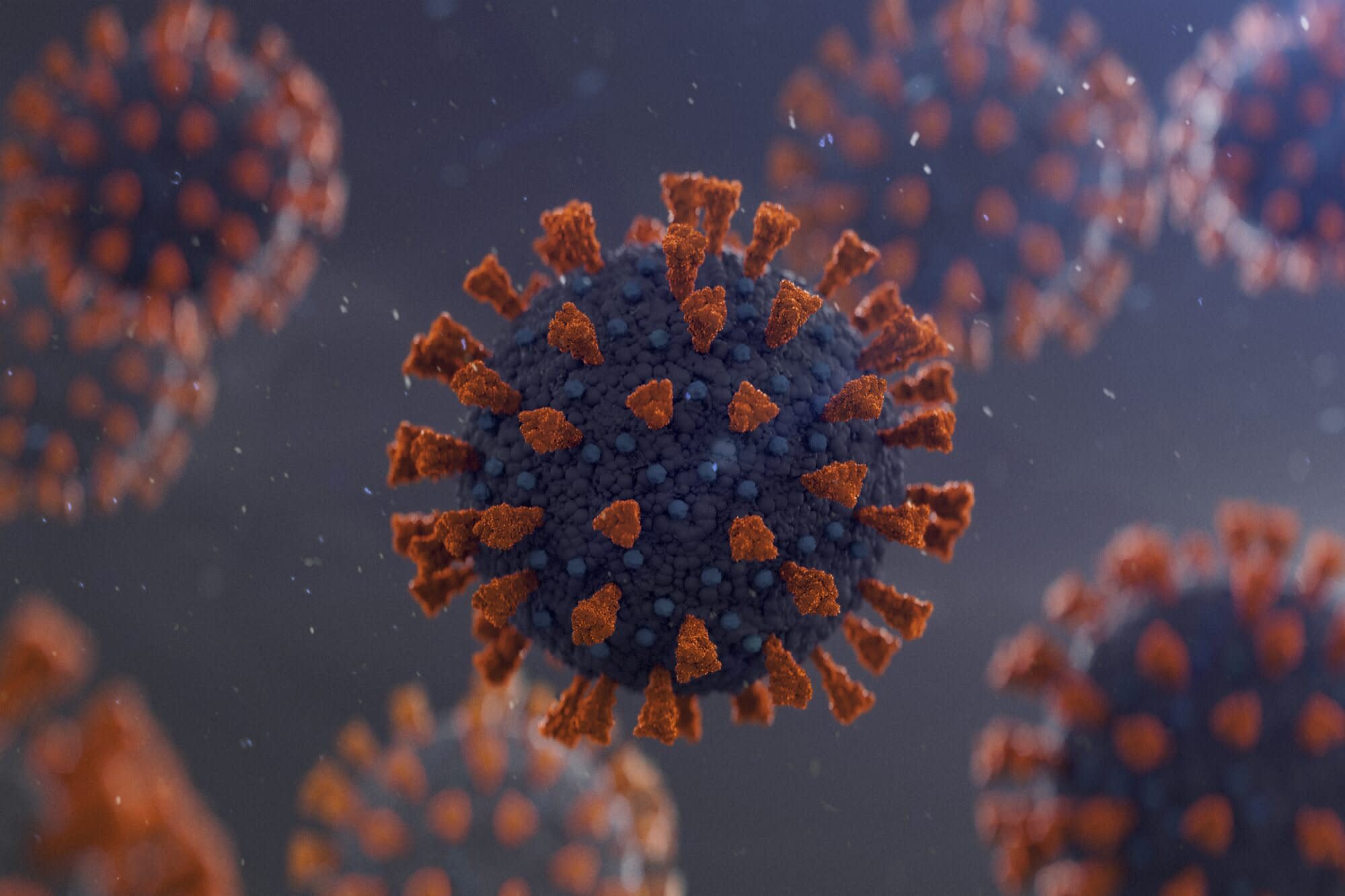
Getty
As the COVID-19 pandemic continues to infect millions of people worldwide, researchers are learning more about how the virus affects various organs in the body. Although it was initially considered a respiratory disease, it is now clear that it attacks much more than just the lungs. Doctors are especially concerned with how it can affect the heart. Dr. Jennifer Haythe, an intensive care cardiologist at Columbia University Center and a member of the PEOPLE Health Squad, shares what experts know about how COVID-19 affects the cardiovascular system.
RELATED: Three-quarters of recovered coronavirus patients show heart damage months later, study found

Dale May Dr. Jennifer Haden Haythe
How does COVID-19 affect the heart?
One of the ways that COVID affects the heart is that it can cause myocarditis, or inflammation of the heart muscle, which can cause different types of symptoms, including chest pain, abnormal heart rhythms and even reduced cardiac function.
Another way we see COVID affecting the heart is by causing significant arrhythmias. People arrive with heart rhythms that cause their blood pressure to drop, or feel palpitations, or even need CPR.
The third is heart failure syndrome. COVID can affect the heart cells themselves and cause cardiac function to be reduced, so people experience symptoms such as shortness of breath, fluid in the lungs and swelling of the feet.
What is the biggest concern for people with known heart problems if they are diagnosed with COVID?
People with underlying heart disease or impaired vasculature – which means they have pre-existing diabetes, hypertension or obesity – these people are most at risk. They should be aware of chest pains, shortness of breath, feeling dizzy, feeling close to passing out or really passing out. These are things that should justify going to the emergency room, or certainly calling your doctor.
COVID emerged as a virus that actually affects the body’s blood vessels – and obviously, the heart is the largest blood vessel of all. We know that it affects the blood vessels in the brain and causes strokes and the formation of clots in the blood vessels in the lungs. It causes the formation of rashes on the hands due to the clotting of small blood vessels in the skin. It causes kidney failure by the same mechanism that affects the kidney vasculature. And the heart is the same.

What is the biggest misconception that people have about COVID and heart health?
People think that if they have some kind of heart disease, they will die of COVID. And I want to assure people that this is not the case. So if you have had heart surgery or a valve replacement, it does not necessarily mean that you will die of COVID. What this does mean, however, is that you may have some risk factors that can lead to more serious COVID. We think it’s probably because COVID causes this abnormal inflammation of the blood vessels. Therefore, you should take COVID infection more seriously, but you should not panic.
RELATED VIDEO: One of the first Americans with COVID spent 64 days in a hospital with a ‘1% chance of survival’
One of the first Americans with COVID spent 64 days in a hospital with a ‘1% chance of survival’
Gregg Garfield suffered from lung collapse, sepsis and was placed on a respirator while battling the coronavirus
How has your COVID experience been on the front lines?
I work at the ICU in Columbia – which is part of the New York Presbyterian Hospital – and basically our entire hospital was made up of patients with COVID. In the intensive care unit, we were doubling our rooms. Normally, one ICU room is one patient per room, so we had to place two patients in one room, and all of the operating rooms were occupied with COVID patients. It was definitely very overwhelming and very disturbing for everyone, and scary and stressful, and many patients died. It happened suddenly, suddenly. Now, the COVID experience is different. We know a little better how to treat it. People have better PPE and some people are vaccinated.

Getty Health worker woman wearing highly protective suit, making heart shaped and motivating.
What is the difference in treating patients with COVID now compared to when you arrived in the United States last year?
The hospital seems to still function as a hospital, while previously it was closed and taking care of only COVID. Now we are still seeing our cardiac patients, and we are still doing elective procedures and we are still having surgery. And the fear factor disappeared a little.
But I think there is a fatigue in how people are feeling. There are still many middle-aged youth in breathing tubes, dying in the intensive care unit. And that is stressful for everyone and comes at a price.
What else should readers know about heart health at American Heart Month?
For women, heart disease is the number one cause of death in this country. But 85% of heart disease can probably be prevented with good early management. When you are between 18 and 40 years old, if you really have a healthy diet, stay away from toxins, exercise and stay in shape, you can reduce heart disease in your 40s, 50s, 60s, 70s and 80s. Even if you are between 40 and 60 years old now, you can still do many things to reverse your risk and reduce your chances of heart disease, such as going to the doctor every year and getting tested for risk factors.
